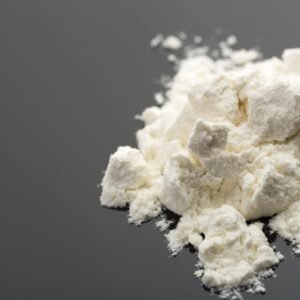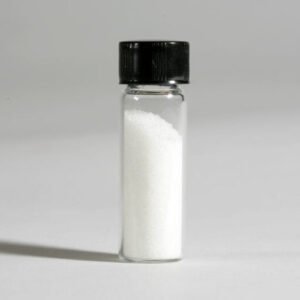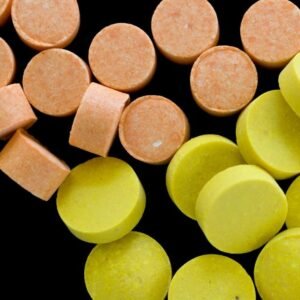PCP Drug
Phencyclidine or phenylcyclohexyl piperidine (PCP), also known in its use as a street drug as angel dust among other names, is a dissociative anesthetic mainly used recreationally for its significant mind-altering effects.[1][4] PCP may cause hallucinations, distorted perceptions of sounds, and psychotic behavior.[4][7][8] As a recreational drug, it is typically smoked, but may be taken by mouth, snorted, or injected.[4][5][7] It may also be mixed with cannabis or tobacco.[1][4]
Adverse effects may include paranoia, addiction, and an increased risk of suicide, as well as seizures and coma in cases of overdose.[7] Flashbacks may occur despite stopping usage.[8] Chemically, PCP is a member of the arylcyclohexylamine class.[4][9][10] PCP works primarily as an NMDA receptor antagonist.[9]
PCP is most commonly used in the US.[11] While usage peaked in the US in the 1970s,[12] between 2005 and 2011, an increase in visits to emergency departments as a result of the drug occurred.[7] As of 2022, in the US, about 0.7% of 12th-grade students reported using PCP in the prior year, while 1.7% of people in the US over age 25 reported using it at some point in their lives.[13]
Showing all 3 results



